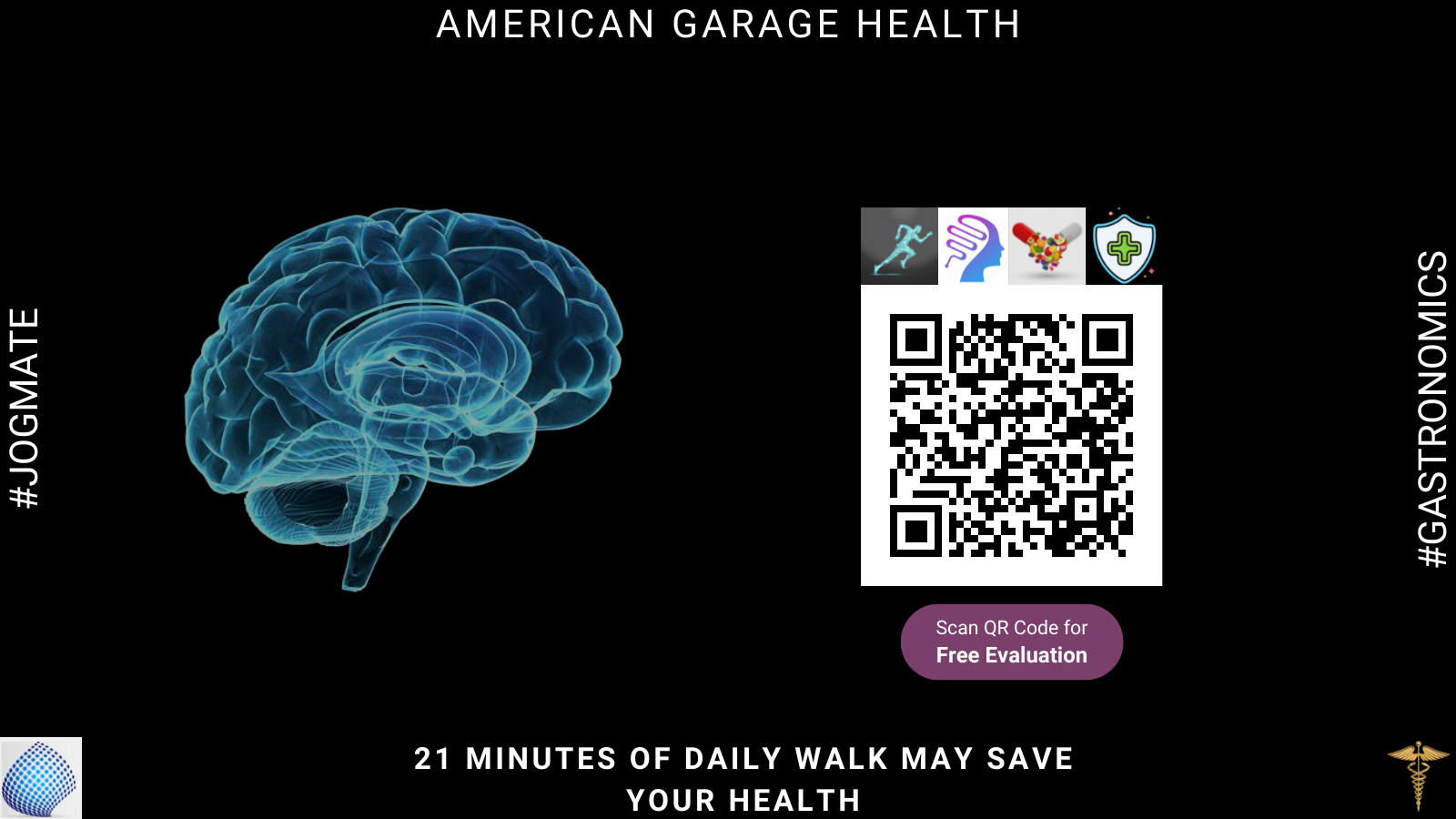Prolonged or excessive stress negatively affects learning, behavior, and health across the lifespan. To alleviate adverse effects of stress in school children, stressors should be reduced, and support and effective interventions provided. Animal-assisted interventions (AAI) have shown beneficial effects on health and well-being. However, robust knowledge of stress meditation in children is lacking. Despite this, AAIs are increasingly employed in settings worldwide, including schools, to reduce stress and support learning and well-being.
According to a new study published in the journal PLOS ONE, The study is the first randomized controlled trial to investigate dog-assisted interventions as a mediator of stress in school children with and without special educational needs (SEN) Children were recruited through four mainstream and seven special educational needs schools in Lincolnshire and Gloucestershire UK over the school term. Interventions were carried out individually and in small groups twice a week for 20 minutes over 4 weeks.
The results were compared with a control group of children who didn’t spend time with dogs and a group who practiced meditation instead.
Researchers said the children who spent time with dogs showed significantly lower cortisol (stress hormone) levels after their interactions than the control or meditation group. This was the case in both mainstream and special educational needs schools.
The researchers said dog interventions can successfully reduce stress levels in schoolchildren, but they also point out that additional research is needed to determine the optimal amount of time spent with dogs to reduce stress.
The results of the new study match the findings of previous research.
